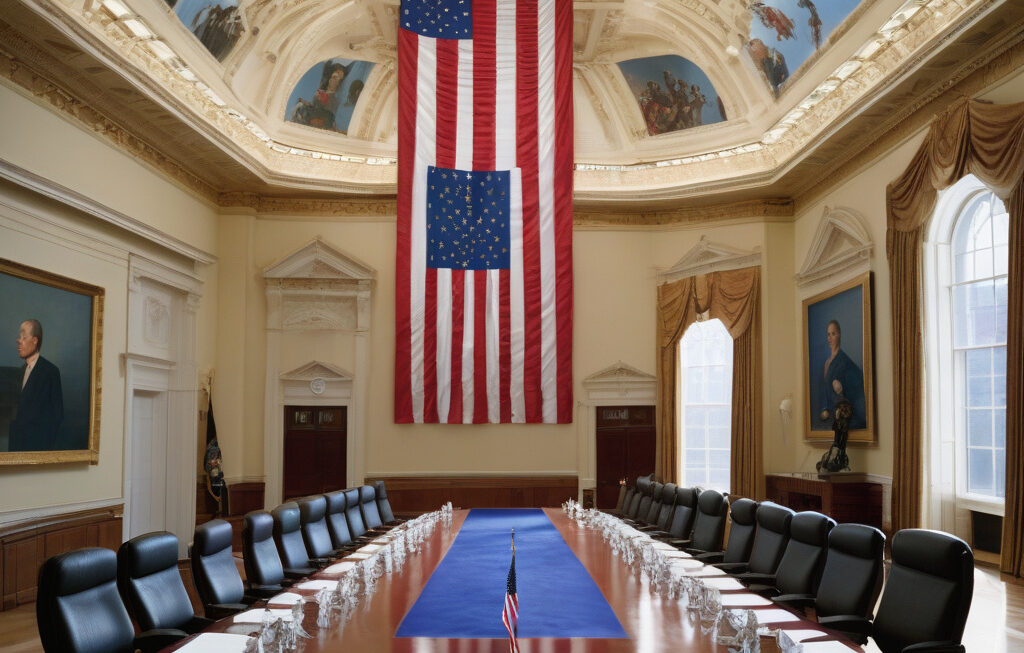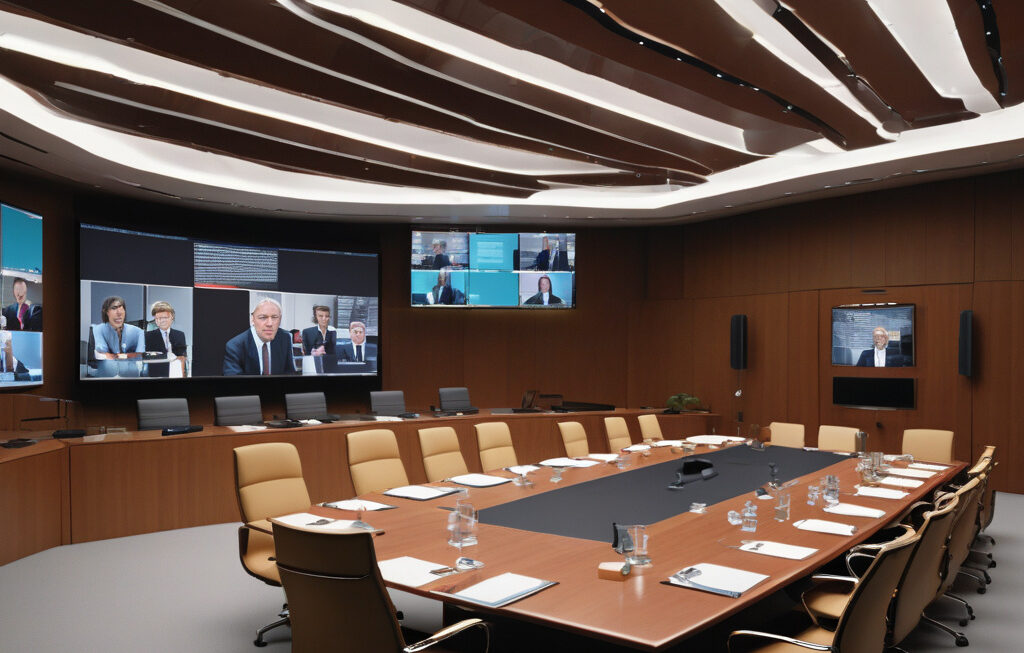What’s Next for Trump’s Trade War After Court Blocks Tariffs
The recent court ruling blocking Trump’s tariffs may seem like a significant blow to his aggressive trade policies. However, this setback may not be as permanent as it appears. The administration, led by a president known for his defiance of norms and institutions, could choose to disregard the trade court’s decision.
One crucial factor to consider is that judges have limited power when it comes to enforcing their rulings against the president. The concept of executive immunity shields the US president from legal repercussions for official actions taken in their capacity as the nation’s leader. This broad immunity has historically emboldened presidents to push the boundaries of their authority, especially in areas where the separation of powers between branches of government is ambiguous.
In the case of Trump’s trade war, the administration may view the court’s decision as an overreach that infringes on the president’s authority to set trade policy in the best interest of the United States. Trump has consistently framed his trade actions as necessary measures to protect American industries and jobs, even if they involve imposing tariffs and engaging in high-stakes negotiations with major trading partners like China and the European Union.
Moreover, Trump’s confrontational approach to trade has been a hallmark of his presidency, appealing to his base of supporters who view traditional trade agreements as detrimental to American workers. By challenging the status quo and promoting a more protectionist stance, Trump has sought to deliver on his campaign promises of reviving domestic manufacturing and reducing the trade deficit.
The court’s intervention in this ongoing trade war raises questions about the limits of presidential power in the realm of international trade. While the judiciary plays a crucial role in upholding the rule of law and checking executive overreach, its ability to enforce decisions against a sitting president remains constrained by legal and political considerations.
Looking ahead, the next steps in Trump’s trade war strategy could involve circumventing the court’s ruling through alternative means, such as executive orders or renegotiating trade deals to achieve similar outcomes. The administration’s willingness to challenge established norms and push the boundaries of presidential authority may lead to further conflicts with other branches of government and institutions tasked with oversight.
As the global trade landscape continues to evolve, with new challenges emerging from technological advancements, geopolitical tensions, and economic uncertainties, the role of the United States in shaping international trade policies remains a subject of intense debate and scrutiny. The outcome of Trump’s trade war and his response to the court’s ruling will not only impact the US economy and its trading partners but also set precedents for future presidential actions in the realm of trade policy.
In a time of heightened uncertainty and rapid change, the intersection of law, politics, and economics in the context of Trump’s trade war underscores the complex dynamics at play in shaping the future of global trade relations.
trade war, Trump, tariffs, court ruling, presidential power












